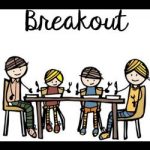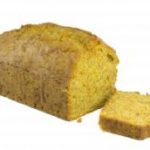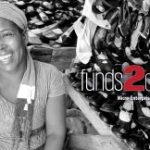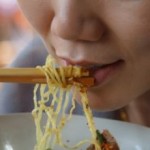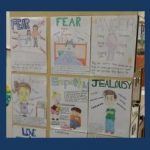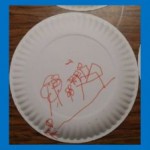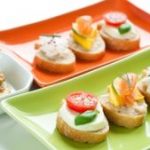
You never know when you’re going to need a relatively quick and simple appetizer for entertaining that looks like you’ve spent hours preparing! Crostini to the rescue! I like to teach students that party foods don’t have to be super difficult, expensive or time consuming to pull together. The self-directed mini-lesson provides some background information about crostini and how to make them and then students get to pretend they have to pull together a few crostini appetizers for entertaining, using ingredients they have on hand. The creative possibilities are endless! As a tasty finale, students prepare and sample some hot and cold crostini in the lab! Yum!


